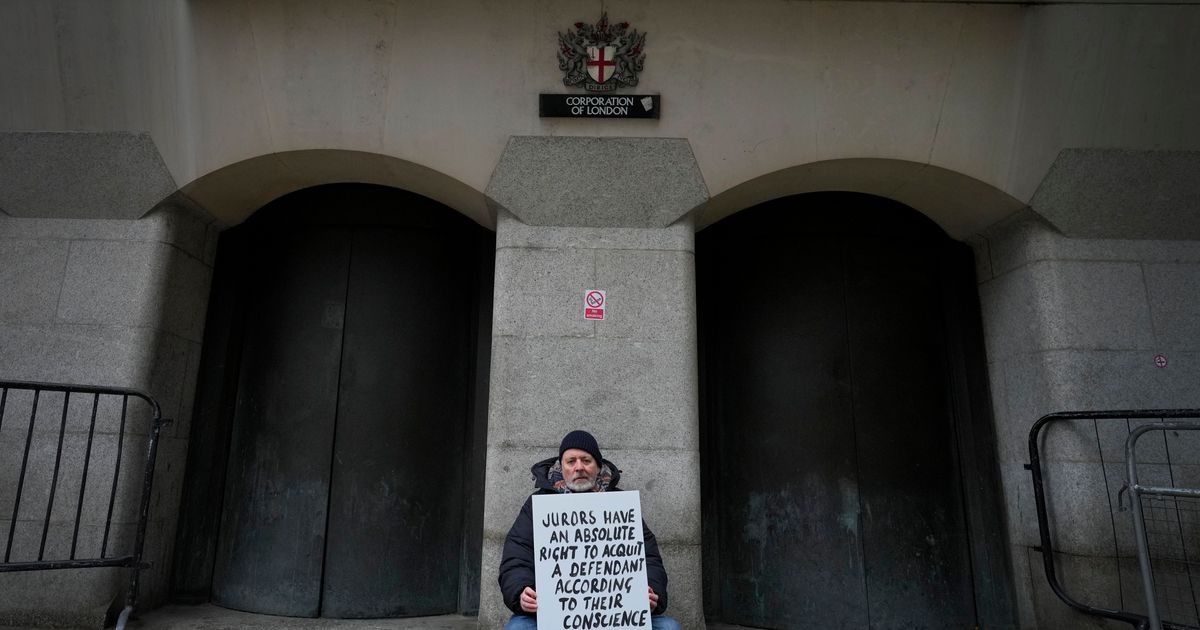Key takeaways:
- Criminalization of slow walking has led to a surge in protests and arrests in the U.K.
- New laws have been introduced that restrict the right to protest, with some protesters facing up to two years in prison.
- The Conservative government has defended the laws, but many have argued that the sentences handed down to protesters are too harsh.
In recent months, the U.K. has seen a surge in protests and arrests, largely due to a legal change that criminalized slow walking, a tactic used by protesters to block traffic. This has been accompanied by the introduction of new laws that restrict the right to protest.
One example of this is the case of a retiree who was arrested for holding a sign outside a courthouse reminding jurors of their right to acquit defendants. If convicted, they could face up to two years in prison.
Structural engineer Morgan Trowland was one of two Just Stop Oil activists who scaled the Queen Elizabeth II Bridge over the River Thames near London in October 2022, forcing police to shut the highway below for 40 hours. For this, they were given a three-year prison sentence.
The Conservative government has defended the laws, saying they are necessary to prevent extremist activists from damaging the economy and disrupting daily life. However, many of the protesters have been given sentences that have been deemed unduly punitive.
The U.K. is currently facing a growing number of protests and arrests, as citizens push back against the government’s increasingly restrictive laws. While the government has defended its actions, many have argued that the sentences handed down to protesters are too harsh.



Be First to Comment